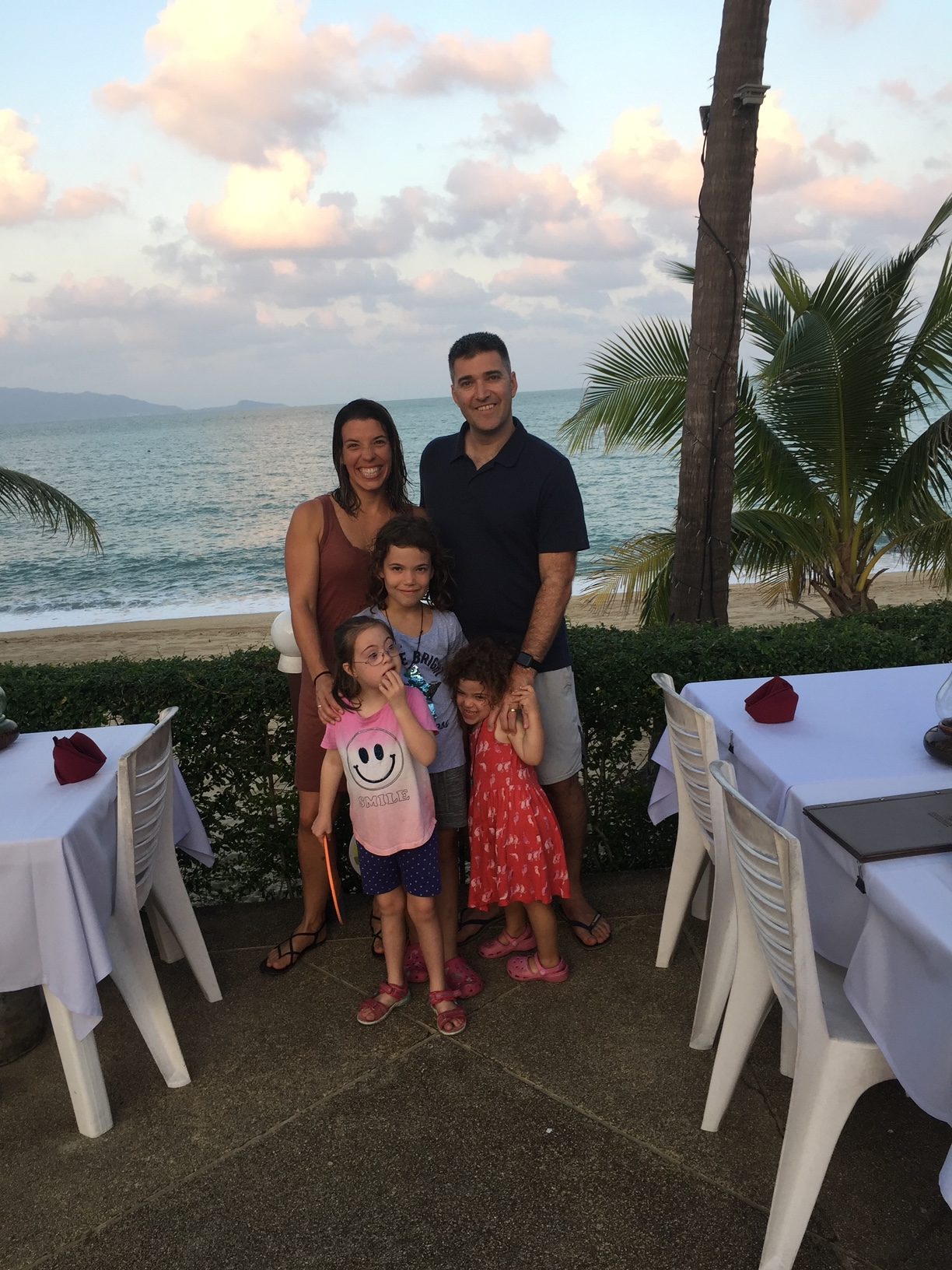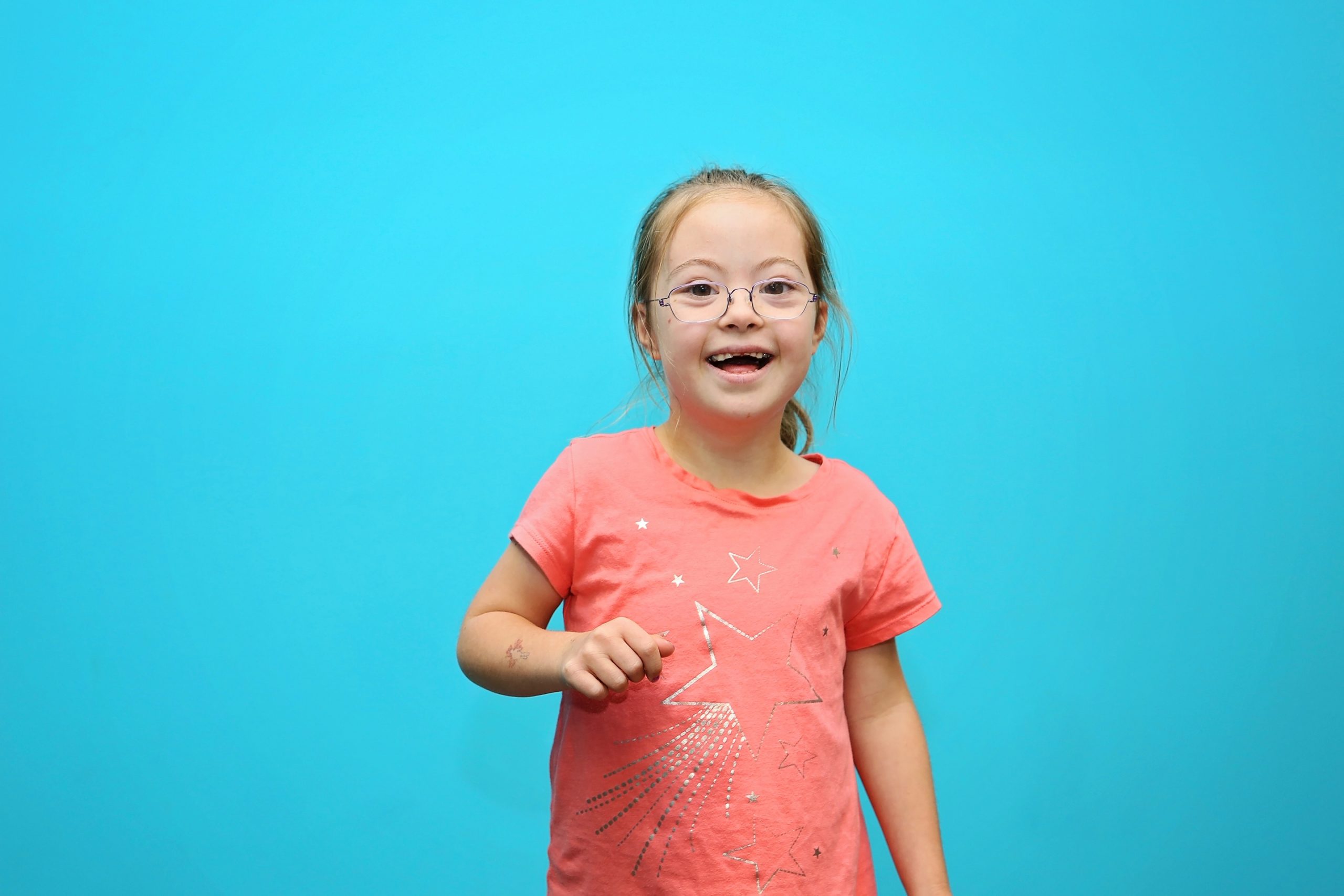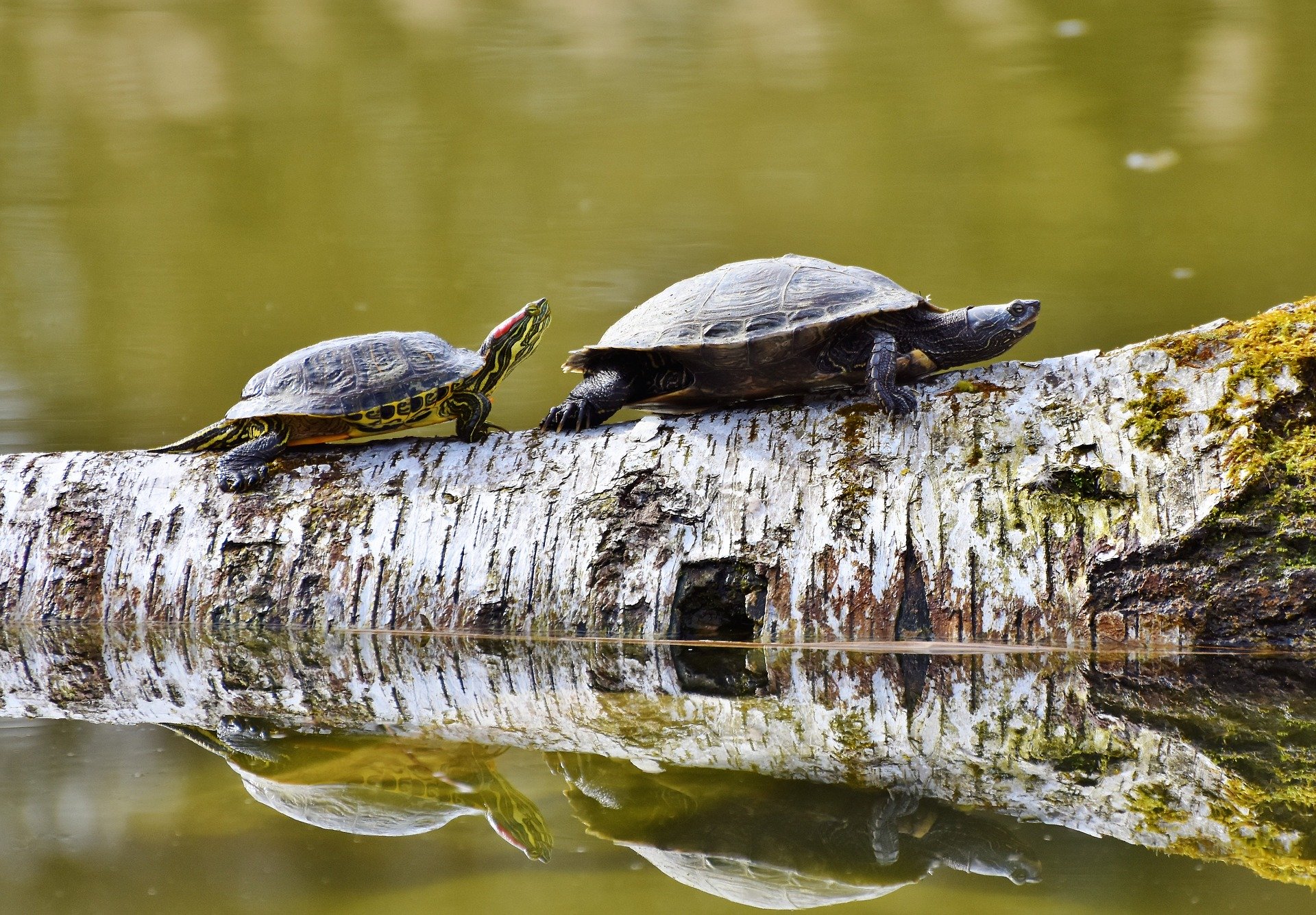Ten days. My family has been in quarantine for ten days. That’s less time than many who began physical distancing at the start of the March break, and longer than the last stragglers making their way back into the country. While my family is not struggling in the ways some are struggling, we each have our own internal battles, in the backs of our minds, taking hold.
I am an extrovert who NEEDS time to herself. In the presence of others, I’m like a windup toy, bouncing off external energy, then slowly I begin to leak power until I come to a standstill. The only way to wind me back up again is to give me peace and quiet. Alone time. Being around my family twenty-four seven is draining for an extroverted-introvert like me. I’m constantly being wound up. Too much touching, too many hands.
Being around my husband all-day long can be trying. We often categorize children as taking most of our time and energy, and true-that, but adults demand more attention than you think. The drain is more mental. More than once, I’ve had to remind myself to be nice. Like a caged animal I want to lash out, “Give me space, get away from me!” And, I love you. We face contradictory truths. In our past life, pre-Covid, I would notice how quiet my evenings were when Dan travelled for work and wasn’t around. I would miss our dinner banter then, and of course miss him when it was time to turn the lights out, but I got used to fending for myself and my kids. Together time 24/7 takes a whole new level of getting used to. Luckily, we have some practice under our belt.
This period of intense together time we are experiencing now is not unlike our experience traveling the world together; then, as now, we were confined to each other, but now we’re doing so at home instead of out in the world. It’s a good thing we like each other. Love is one thing, but those who don’t like their partners are likely facing additional hardships right now.
For the record, this trip atmosphere stinks compared to the last one.
Don’t get me wrong, I have moments, as many do, of feeling like this whole mess is great fun; I pretend like we are actually travelling the world again – my husband is around all day, we work through our days as a team and get to talk and play with our kids. We take turns working from home. Many families are for the first time enjoying endless hours of together time – and what could be bad about that? If only these hours weren’t underlined by a global pandemic and mild panic that lies there, just below the surface.
Some days, I have fleeting thoughts of revolt and flight. Case in point, what I really want to do when our quarantine time is up is go on a massive eight to ten-hour hike in the forest. By myself.
We all must find ways to recharge our batteries. Friends of ours who rarely fight had a ridiculous blow out the other day because one person just could not sit still. As he is not in quarantine, he finally found a food bank where he could volunteer for a day just to get out of the house.
While my personal boundaries feel breached, stretched and distorted, I know others are dealing with concerns of a higher order: with sickness, isolation, financial hardship, the loss of livelihood, anxiety and even death. So my writer’s retreat had to be rescheduled. So my Masters residency was moved from a week in Halifax to online (sigh, I’m still grieving that one), there are WAY WORSE THINGS. I am not the person to trivialize another’s plight, be it a hangnail or a barely hanging on, but I’m comfortable speaking for myself in saying, “yes, Adelle, there are some things in your life that suck right now. Sometimes it feels like each of the four other members of your family are breathing down your neck (because sometimes they literally are) and that they are climbing onto your shoulders and sitting on your head (that too), squishing your very soul (a bit of an exaggeration), but as long as you are healthy and together, you will get through this.” Truly, I could not imagine spending quarantine with a better crew.
There’s a beautiful poem by Jack Gilbert called A Brief For The Defense about continuing to find delight in our world anyway, even, especially, in the face of hardship. His words are apt in these times:
Sorrow everywhere. Slaughter everywhere. If babies/ are not starving someplace, they are starving somewhere else. With flies in their nostrils, he begins. Later comes my favourite lines:
We must risk delight. We can do without pleasure,/ but not delight. Not enjoyment. We must have/ the stubbornness to accept our gladness in the ruthless furnace of this world.
And so I continue to train for my triathlon that might get cancelled anyway. I have elastic resistance bands attached to my banister so that I can simulate swim training. We adapt. I will continue to mail out my book manuscript even though there are no publishers in the office to receive it. I will take joy in the signs of spring outside my window and I will share that joy with my three children who bring me hope every single day. We will celebrate – risk delighting – in the twittering robins, the first mosses, patches of grass, under grey skies and heavy rain. I will not let one day go by where I bemoan my life, this great gift I have been given. I will allow myself frustrations, true pain as it arises, but I will not deny myself delight. We cannot allow ourselves paralysis indefinitely. Or you can, if that’s what you need – you can – but why would you want to? The world goes on. Those who can go on, must. We will get through this.




